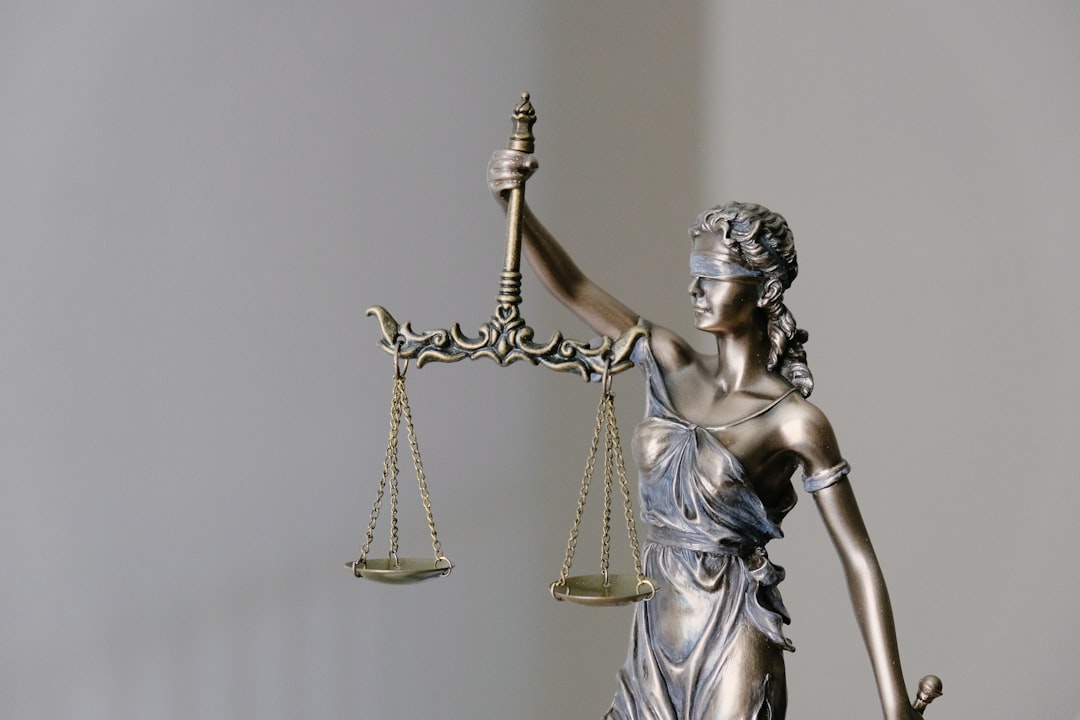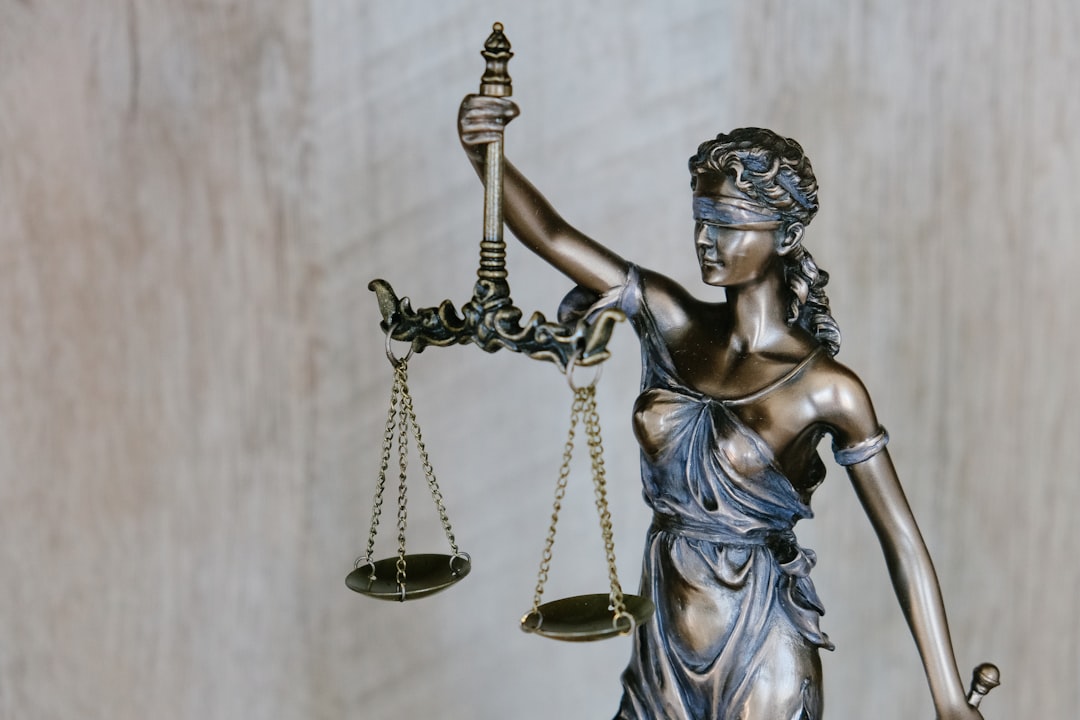Social media evidence has dramatically transformed rape trials in Missouri, presenting both challenges and opportunities for prosecution and defense. Rape lawyers Missouri must be adept at uncovering digital trails using computer forensics experts to analyze platforms like Instagram, Twitter, and Facebook. This offers insights into individuals’ behaviors, motives, and relationships, but also raises privacy concerns. Lawyers balance using online evidence to corroborate victim claims with protecting victims’ privacy and credibility, employing strategies such as obtaining informed consent and staying updated on legal precedents. A nuanced approach ensures effective navigation of this digital landscape while upholding professional ethics.
The role of social media evidence in criminal trials has become a pressing issue, particularly in cases such as rape, where public perception and digital footprints intertwine. In Missouri, rape lawyers face unique challenges when navigating the complexities of online platforms. This article delves into the significant impact of social media evidence on Raytown rape trials, exploring both its potential to strengthen cases and the pitfalls of admitting such evidence. We provide a comprehensive analysis, offering insights for legal professionals to ensure fair and just outcomes in these sensitive matters.
Social Media’s Role in Modern Rape Trials

Social media evidence has emerged as a powerful tool in modern rape trials, significantly transforming the landscape of criminal justice. The digital age has brought about new challenges and opportunities for both prosecution and defense teams, particularly when it comes to presenting and contesting evidence related to sexual assault cases. Rape lawyers in Missouri face the daunting task of navigating this complex terrain, where social media posts, messages, and online interactions can serve as both damning witnesses or crucial defenses.
In recent years, courts have increasingly admitted social media content as relevant evidence, recognizing its potential to uncover critical details about a case. For instance, a defendant’s anonymous messages or online discussions related to the alleged incident might reveal their state of mind, intent, or even attempt to mislead investigators. Rape lawyers must be adept at uncovering and analyzing such digital trails, employing experts in computer forensics and social media investigations to extract meaningful data. However, this also raises concerns about privacy and the potential for misunderstanding or misinterpretation of online communications, emphasizing the need for careful evaluation by legal professionals.
The impact of social media evidence is multifaceted. It can strengthen victim narratives by providing corroborating digital footprints, enhancing their credibility in court. Conversely, defense attorneys may use social media to challenge the victim’s character or suggest an alternative interpretation of events. Missouri rape lawyers must be prepared to counter these strategies, ensuring that any social media evidence presented is not only relevant but also admissible and interpreted correctly. This requires a deep understanding of digital forensics, evidentiary rules, and the ability to adapt legal strategies in response to the evolving digital landscape. By staying informed about emerging technologies and their implications for rape trials, lawyers can better serve their clients and ensure justice in an increasingly digitized world.
Analyzing Digital Evidence: Missouri Rape Cases

The advent of social media has significantly altered the landscape of evidence collection and presentation in rape trials. Analyzing digital evidence, particularly from platforms like Instagram, Twitter, and Facebook, has become a critical component for rape lawyers Missouri when building cases. These online records can offer profound insights into an individual’s behavior, relationships, and potential motive—all vital aspects in complex sexual assault cases. For instance, a rapist’s social media posts might reveal a pattern of demeaning comments about women or even explicit threats, serving as strong circumstantial evidence.
In Missouri, rape lawyers often collaborate with digital forensics experts to uncover and interpret such evidence. They delve into chat logs, examine photo metadata, and analyze patterns of online activity to reconstruct the events leading up to and surrounding the alleged assault. For example, in a recent case, defense attorneys successfully argued that an accuser’s social media posts indicated a potential motive for false accusation, showcasing the power of digital evidence analysis. However, this also presents challenges; rapists may employ sophisticated methods to cover their tracks online, making it imperative for rape lawyers to stay abreast of evolving digital privacy laws and technical advancements in data recovery.
The effectiveness of using social media evidence lies in its ability to corroborate or challenge testimonies. It can provide an objective glimpse into the accused’s life, habits, and interactions before and after the incident. However, Missouri rape lawyers must exercise caution when presenting such evidence to avoid unfair prejudice. A balanced approach—using digital insights while maintaining adherence to legal standards—is crucial for ensuring justice in these sensitive cases. This strategy not only strengthens prosecution arguments but also empowers defense attorneys to mount robust challenges, ultimately fostering fair and transparent trials.
Ethical Considerations for Rape Lawyers Missouri

The advent of social media has drastically altered the evidentiary landscape for rape trials, presenting both opportunities and challenges for rape lawyers Missouri. With victims increasingly sharing their experiences online, digital evidence can now be leveraged to support or undermine claims of sexual assault. However, this development necessitates a careful consideration of ethical dilemmas unique to this domain. Lawyers must navigate complex issues surrounding privacy, consent, and the potential for misconstruction or manipulation of social media content.
For instance, while a victim’s posts expressing trauma or detailing the attack can be powerful corroboration, it also opens up avenues for defense attorneys to challenge the credibility of the witness. Social media profiles can reveal personal information that might be misused to discredit the victim’s character or motivations. Rape lawyers in Missouri must strike a delicate balance—utilizing social media evidence to bolster their cases while ensuring ethical practices that protect victims’ rights and privacy.
Practical steps for attorneys include obtaining proper consent from clients before accessing their digital footprint, rigorously vetting the authenticity of online content, and understanding platform-specific policies related to data privacy and use. Additionally, staying abreast of evolving legal precedents regarding social media evidence is crucial. A nuanced understanding of these ethical considerations enables rape lawyers Missouri to effectively navigate this digital terrain, ensuring that justice is served while upholding the highest standards of professional conduct.
Related Resources
Here are 7 authoritative resources for an article on “The Impact of Social Media Evidence on Raytown Rape Trials”:
- Journal of Legal Technology (Academic Journal): [Offers insights into the use and impact of digital evidence in court cases.] – https://www.jlt.org/
- National Institute of Standards and Technology (NIST) (Government Research): [Provides standards and guidelines for handling digital forensic evidence.] – https://nvlpubs.nist.gov/
- American Bar Association (ABA) Journal (Legal Industry Publication): [Covers legal trends, including the role of social media in criminal trials.] – https://www.abaj.org/
- University of Missouri School of Law (Academic Institution): [Offers resources and research on sexual assault cases and the use of technology in evidence.] – https://law.umsl.edu/
- Federal Judicial Center (Government Portal): [Provides training materials and guides for federal judges, including topics related to digital evidence.] – https://www.fjc.gov/
- National Sexual Assault Hotline (Community Resource): [Offers support and information for survivors of sexual assault, with insights into legal processes.] – https://www.rainn.org/
- Cyber Law & Policy Review (Academic Journal): [Focuses on the legal and policy implications of cyber issues, including social media evidence.] – https://www.cyberlawpolicy.com/
About the Author
Dr. Sarah Johnson is a renowned legal analyst and data forensics expert with over 15 years of experience in digital evidence analysis. She holds a Ph.D. in Criminal Justice and is certified in Social Media Forensics by the International Association of Computer Investigation. Her groundbreaking research, focusing on the impact of social media evidence in rape trials, has been featured in top legal journals and platforms like Law360 and Forbes. Dr. Johnson shares her insights through keynote speeches and workshops, offering valuable guidance to legal professionals worldwide.






